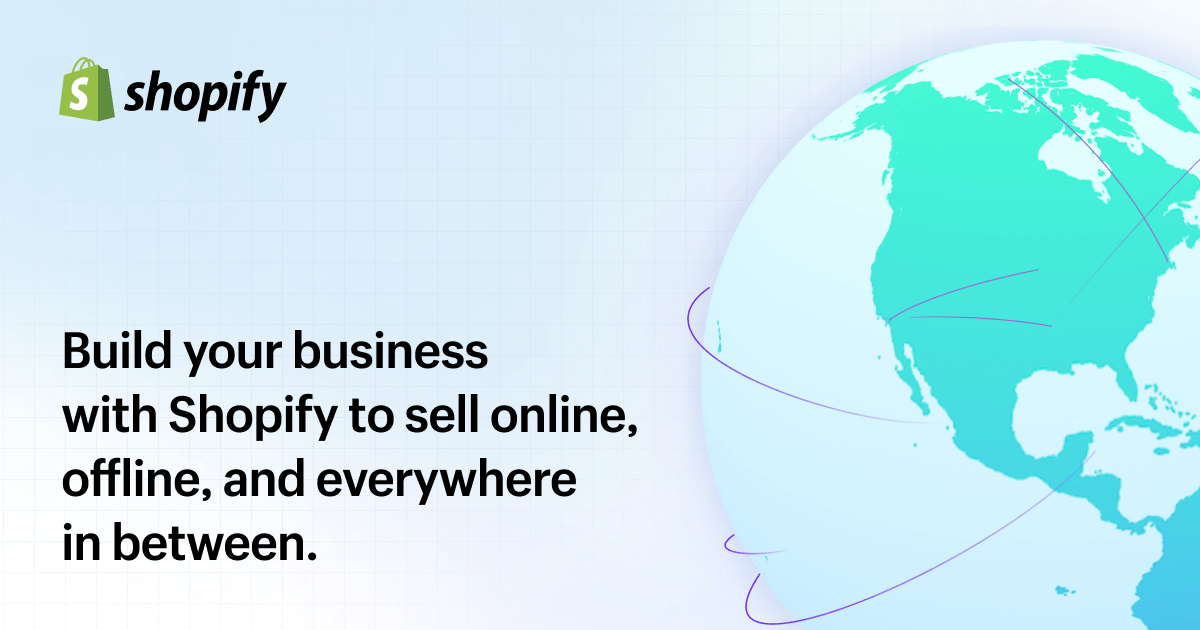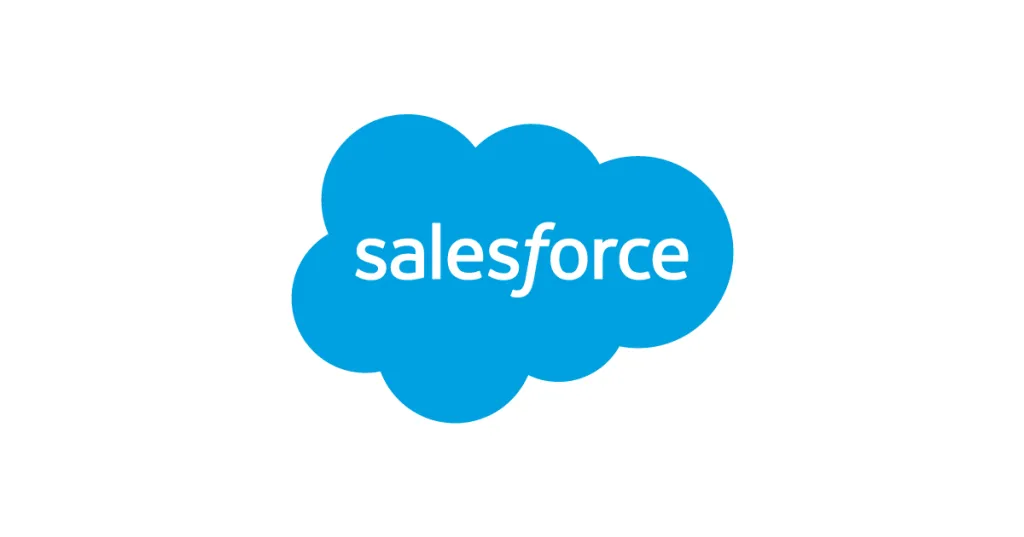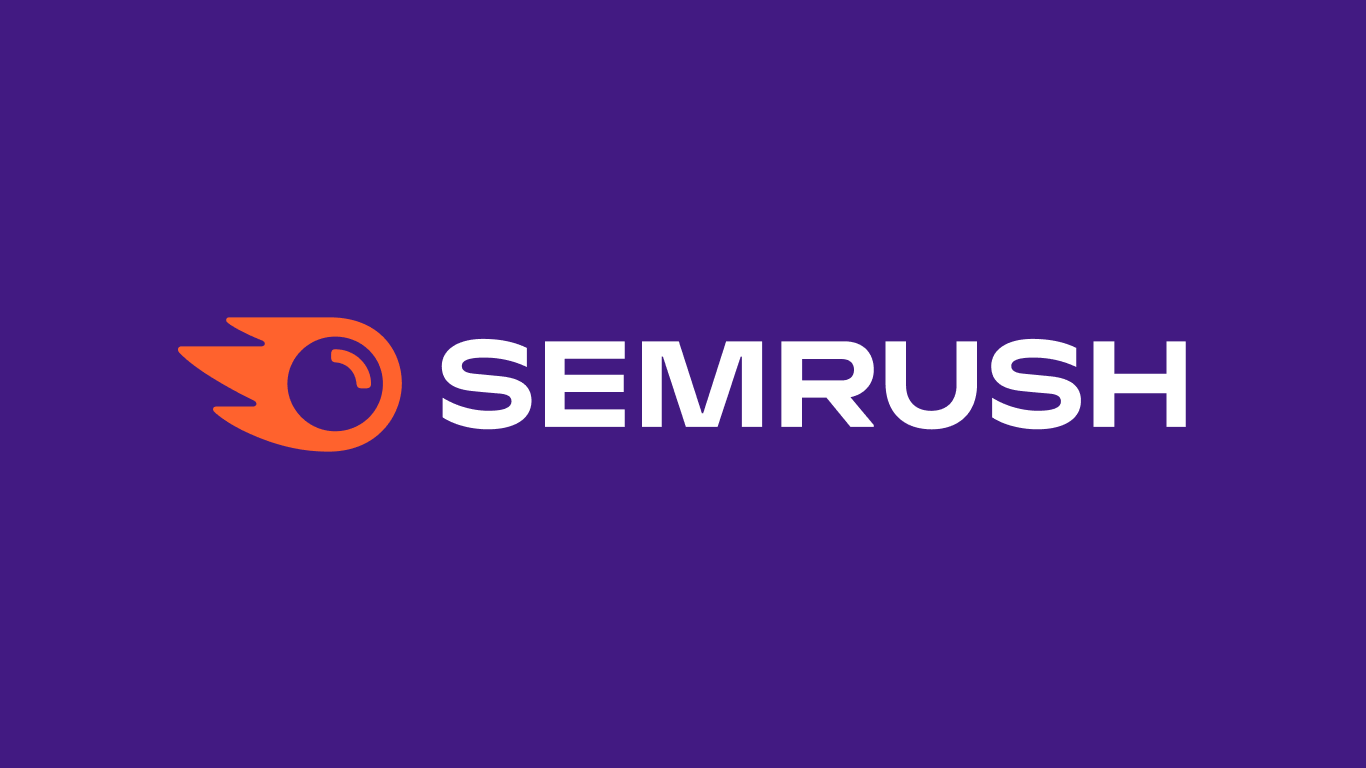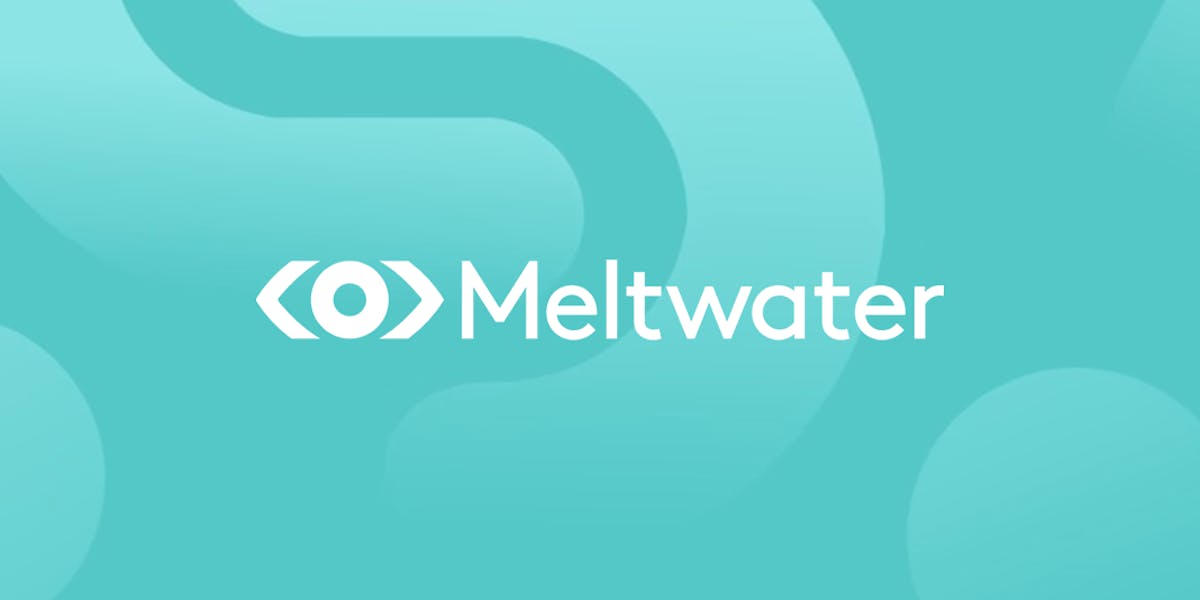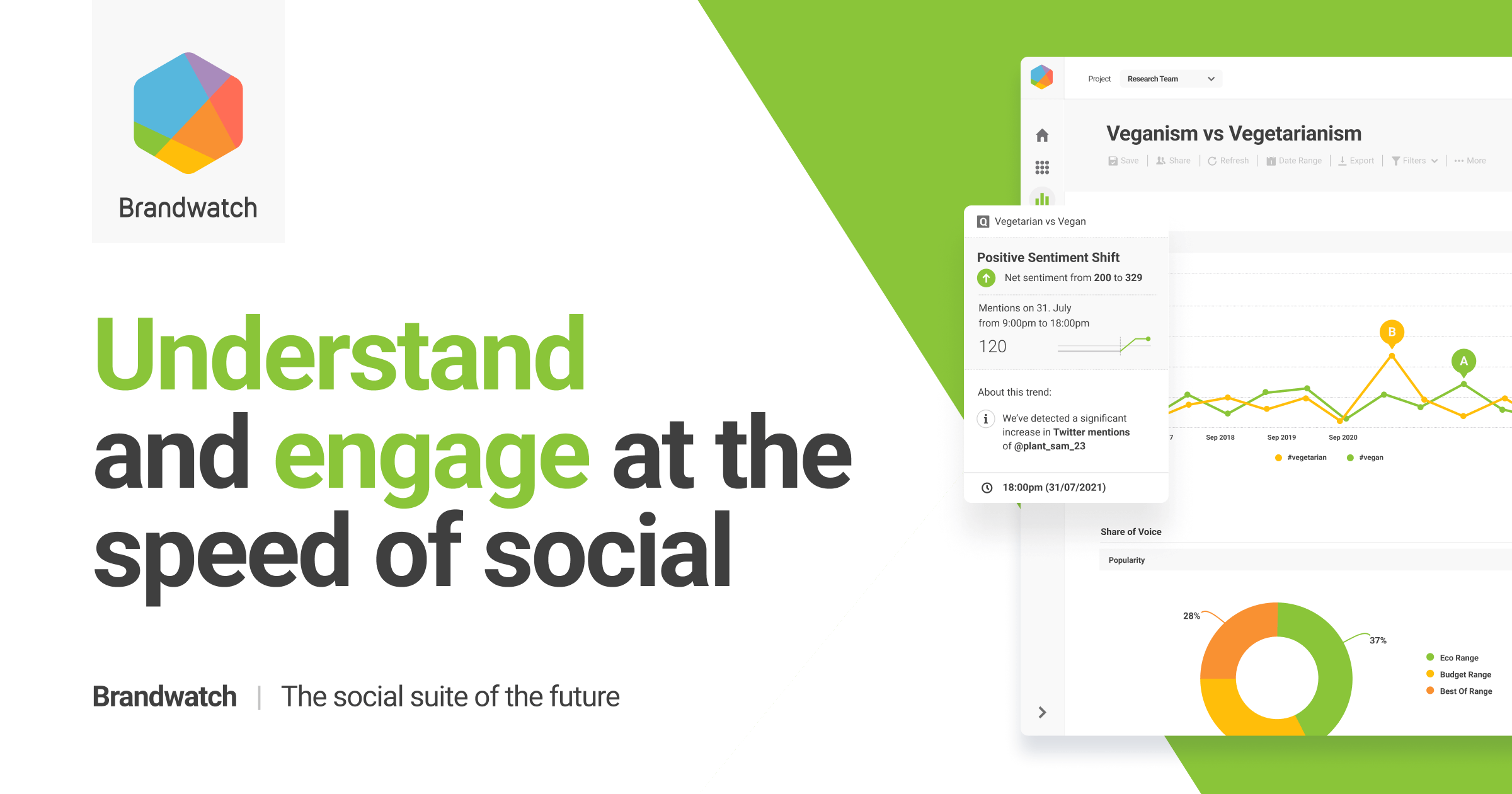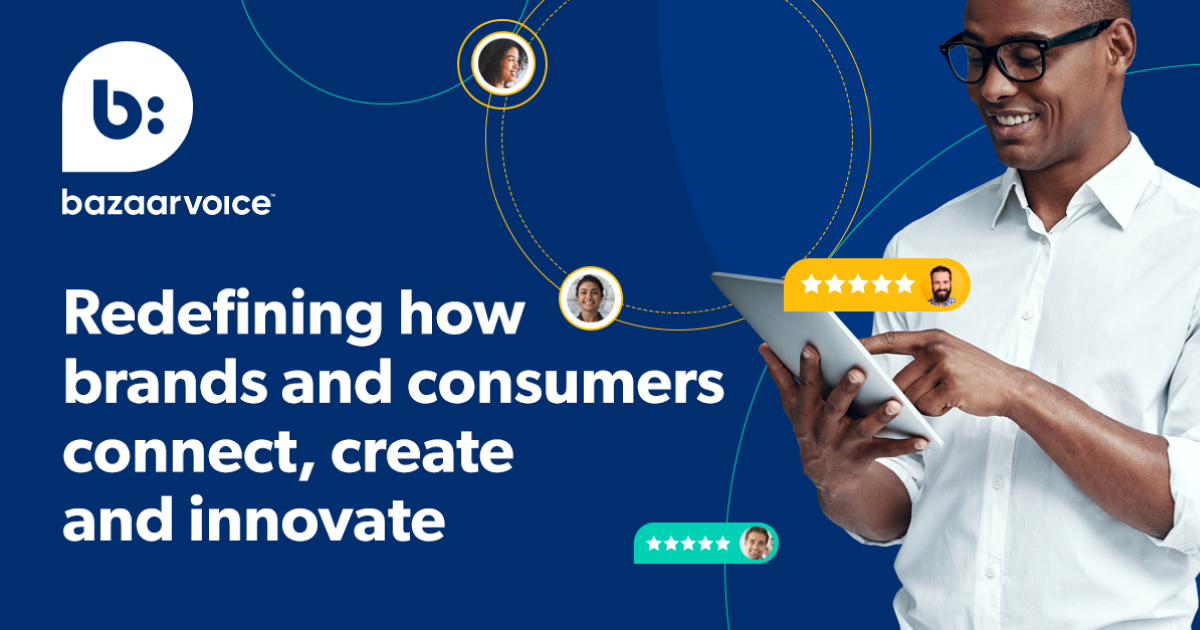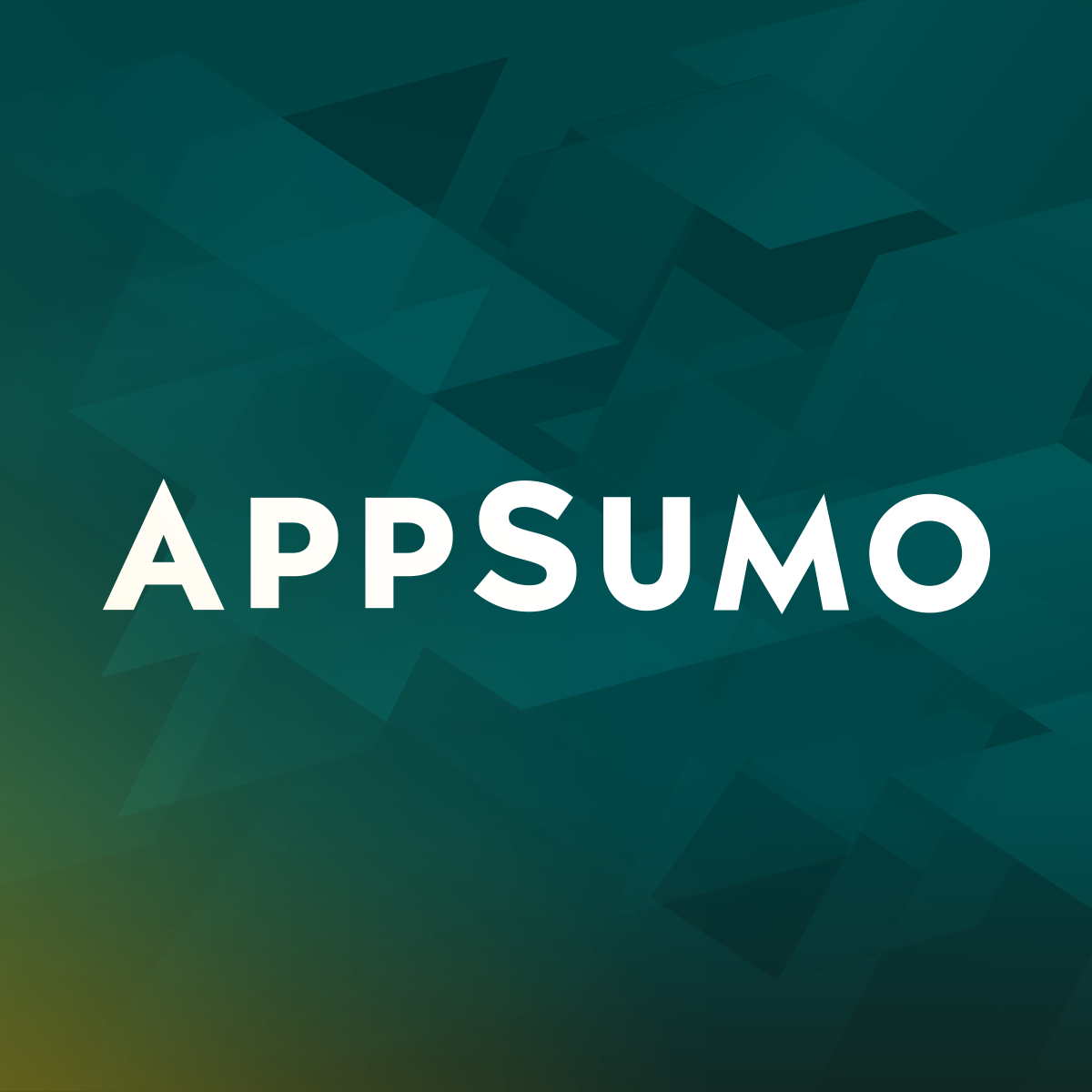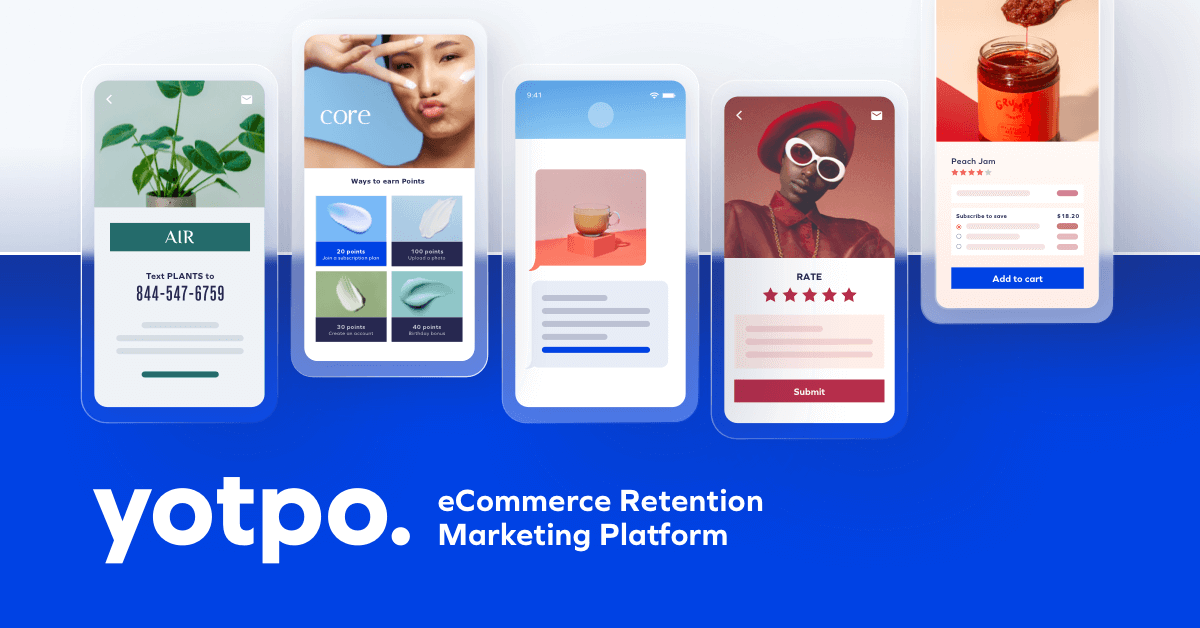Introduction
In today’s digitally connected world, your brand’s reputation is more important than ever. Customers extensively research companies online through reviews, social media mentions and search results before making purchasing decisions. Having a comprehensive reputation management strategy is critical to building trust, addressing issues promptly and highlighting your strengths to potential customers. This blog evaluates the top reputation management software on the market based on key capabilities like social media monitoring, engagement tools and analytics reporting.
Methods of Evaluation
To assess the top reputation management software, we evaluated each solution based on the following conventional criteria: features, pricing and support. Additionally, we also factored in modern measures like the number of backlinks, average monthly traffic and keyword search trends that signify a company’s authority, popularity and relevance in the industry. This multi-dimensional approach helps provide a realistic view of strengths and weaknesses to identify the most powerful options.
1. Shopify Reviews
Shopify Reviews is an all-in-one reputation management and review software offered by Shopify, a leading e-commerce platform. Shopify Reviews provides native integration with the Shopify platform and allows merchants to seamlessly display customer reviews and feedback on their online stores.
Pros: Some key advantages of Shopify Reviews include:
– Native integration allows reviews to display automatically on Shopify product and collection pages
– Engagement tools help boost review volume and optimize overall star ratings
– Insights reporting provides actionable analytics to improve buyer trust and conversion rates
– Single signup and account to manage both Shopify store and reviews through one platform
Cons: One potential disadvantage is that Shopify Reviews can only be used by merchants who already use the Shopify platform for their online store. It does not support integration with other e-commerce platforms.
Pricing: Shopify Reviews is included in all Shopify plans starting from $29/month. No additional fees or setup costs are required to use the reviews features. Upgrades are available for Advanced and Professional Shopify plans that provide additional review moderation tools and analytics.
Some key stats about Shopify Reviews include:
– Used by over 1 million merchants worldwide
– Handles more than 10 million customer reviews each month
– Available in 15+ languages for merchants worldwide
– Integrates natively with Shopify’s product catalog and order systems
2. Salesforce Social Studio
Salesforce Social Studio is a social media management product from Salesforce that helps companies manage online reputation across social networks. It allows businesses to monitor brand mentions, engage with customers, and analyze social media performance directly within the Salesforce platform.
Pros: Some key advantages of Salesforce Social Studio include: Integrates social data with CRM and marketing programs for a unified view of customers and their interactions. Automated responses to handle high volumes of social conversations at scale. Extensive analytics and reporting dashboards for optimizing social media strategies and measuring performance.
Cons: A potential disadvantage is the platform requires integration with Salesforce CRM which may not be suitable for all businesses. The pricing can also be higher compared to some standalone social media management tools.
Pricing: Pricing for Salesforce Social Studio depends on the selected edition and number of users. Plans generally start from $150/user/month for the Professional edition and go up to $300/user/month for the Enterprise edition. Discounts are available for annual commitments and additional users.
Some key features and capabilities of Salesforce Social Studio include: Integration with Salesforce CRM and marketing automation tools for a unified view of customers. Automated publishing, engagement, and moderation tools to handle high volumes of social posts and mentions. Advanced analytics and reporting dashboards to track brand metrics, influencer performance, and campaign results over time.
3. Hootsuite
Hootsuite is a leading provider of social media management applications. Founded in 2008, Hootsuite enables organizations of all sizes to plan, publish, track and analyze their social media marketing efforts. With over 200,000 paying customers worldwide including large enterprises like General Motors, McKesson and NASA, Hootsuite has become the industry standard social media dashboard.
Pros: Some of the key advantages of Hootsuite include:
– Streamlined publishing across networks allowing scheduling and simultaneous updates
– Team collaboration features with access controls and permissions
– Robust analytics and reporting dashboard to measure social performance over time
Cons: One potential disadvantage is that Hootsuite’s paid tiers can be costly for larger organizations or agencies managing a high volume of social profiles and users. The pricing may not scale affordably for some larger businesses.
Pricing: Hootsuite offers several paid plans including:
– Professional: $9.99/user/month for up to 3 profiles
– Business: $24.99/user/month for up to 30 profiles
– Enterprise: Custom pricing for enterprises managing over 30 profiles
Some key stats about Hootsuite include:
– Over 18 million total users globally
– Ability to manage up to 30 social profiles per account
– Publish to 12 social networks including Facebook, Twitter, LinkedIn and Instagram
– Comprehensive library of over 1,000 report templates
4. SEMrush
SEMrush is a leading SaaS platform for SEO, PPC, content marketing and competitive research. Founded in 2008, SEMrush offers a comprehensive suite of more than 55 tools to help marketing professionals and agencies optimize digital strategies, increase visibility and track competition.
Pros: Some key advantages of using SEMrush include: – 360-degree SEO toolkit with tools for keyword research, backlink analysis, content optimization and more – In-depth competitive research capabilities to stay ahead of competitors online – Insights into organic search and paid search performance and trends for competitors
Cons: A potential disadvantage is that SEMrush’s full suite of tools can be expensive for small businesses or individual users on tighter budgets. The lowest paid plan starts at $99/month.
Pricing: SEMrush offers several paid plans including: – Startup ($99/month): Includes basic SEO and competitive tools – Standard ($199/month): Adds more advanced keyword and backlink tools – Advanced ($299/month): Includes SERP tracking and social media marketing tools –
Some key stats about SEMrush include: – Used by over 5 million marketing professionals worldwide – Analyzes over 1 billion keywords and domains monthly – Over 20 billion monthly search queries analyzed for SEO and PPC insights
5. Sprout Social
Sprout Social is a leading social media management platform that helps businesses and organizations connect with audiences across Facebook, Twitter, Instagram and LinkedIn. Founded in 2010 and headquartered in Chicago, Sprout Social offers a comprehensive suite of social media management tools to effectively engage customers and drive business goals.
Pros: Some of the key advantages of Sprout Social include: – Full social media management platform with publishing, monitoring, analytics and reporting tools in one place – Real-time alerts that notify you when new brand mentions, comments or messages are posted – Sophisticated analytics and reporting to measure the performance of social media campaigns and content
Cons: One potential disadvantage is that as a full-featured social media platform, Sprout Social may have more features than some smaller businesses need which could make it a more expensive option.
Pricing: Sprout Social offers several tiered pricing plans starting from a Basic plan for $99 per month for up to 3 users. It also offers Professional, Team and Enterprise plans with increased user limits and additional features. Pricing is based on the number of social accounts and users being managed through the platform.
Some key stats and facts about Sprout Social include: – Over 25,000 customers globally ranging from small businesses to enterprise level companies – Supports monitoring and publishing to 8 social networks including Facebook, Twitter, LinkedIn and Pinterest – Processes over 1 billion social interactions per month for customers
6. Buffer
Buffer is a leading social media management platform that helps users simplify the process of planning, scheduling and analyzing social media posts. Founded in 2010, Buffer now has over 5 million users and is a trusted solution for small businesses and agencies looking to save time and streamline their social media efforts.
Pros: Some key advantages of Buffer include: – Simplifies scheduling social posts so they are posted at the best times to reach maximum engagement. Users can schedule months of social content in just a few hours. – Engagement analytics by campaign allow users to see which types of posts, images, links etc. perform best. This data can then be used to refine social strategy. – Affordable solution optimized for productivity. Buffer’s pricing tiers start from just $10/month for basic individual use up to $75/month for team and agency plans.
Cons: One potential disadvantage is that Buffer’s free plan has limited functionality compared to the paid plans. For very large or complex social profiles, some users may outgrow Buffer’s feature set and need to look at more robust enterprise-level social media management solutions.
Pricing: Buffer offers 3 tier pricing plans: – Free Plan: Limited to 3 social profiles and 3 team members. Offers basic scheduling functionality. – Individual Plan: $10/month billed annually. Supports up to 5 networks and 5 team members. – Business & Agency Plans: Starting from $25/month for up to 10 team members, scaling up to $75/month for unlimited team members.
Some key stats about Buffer include: – Used by over 5 million users worldwide – Supports major social networks including Facebook, Twitter, LinkedIn and Google+ – Users can schedule up to 1,000 social media posts at once – Insight tracking allows users to see which posts perform best in terms of engagement and shares
7. Meltwater
Meltwater is a global leader in media monitoring and reputation management software. Founded in 2001, Meltwater helps over 30,000 companies make better, more informed decisions based on insights from the outside world. With over 20 years of experience in digital data extraction, Meltwater has become a trusted partner for public relations, marketing and communications teams worldwide.
Pros: Some key advantages of Meltwater include:
– Global coverage across news, social media, blogs and forums.
– Advanced analytics to track brand and competitor mentions over time.
– Reporting and dashboards for actionable insights.
Cons: Potential disadvantages could include the need for multiple licenses depending on the number of brands and users being monitored which can increase costs.
Pricing: Meltwater offers flexible pricing plans starting from $500/month for a basic package up to thousands per month for enterprise-level plans customized to business needs. The pricing varies depending on the number of users, brands monitored, data sources included and additional features required.
Some key stats about Meltwater include:
– Covers over 27,000 global news sources and social media platforms.
– Processes over 500 million mentions daily from online and offline sources.
– Has over 1,000 data scientists, engineers and analysts.
– Serves over 30,000 clients globally including 95% of Fortune 100 companies.
8. Brandwatch
Brandwatch is a leading social media monitoring and analytics company. Founded in 2007, Brandwatch enables companies to listen to conversations happening on social platforms, online forums, blogs and more to understand customer sentiments and monitor brand reputation. With offices around the world, Brandwatch helps over 2,500 global brands and agencies better understand online conversations related to their brands.
Pros: Some key advantages of Brandwatch include:
– Social listening across Facebook, Twitter, forums and more.
– Powerful AI and machine learning algorithms to analyze large volumes of data and uncover insights.
– Provides competitive intelligence along with reputation monitoring to stay ahead of competitors.
– Detailed analytics and reporting capabilities to track brand metrics and KPIs over time.
Cons: One potential disadvantage is that Brandwatch has a relatively higher price point compared to some other reputation management tools in the market.
Pricing: Brandwatch offers flexible pricing plans tailored for companies of different sizes. Pricing typically starts from $2,500/month for the standard plan and goes up based on number of users, data volumes, customizations etc. Contact sales for a custom quote.
Some key stats about Brandwatch include:
– Analyzes over 750 million conversations daily across social media platforms, blogs, forums and more.
– Processes over 27 billion web pages monthly to monitor brand mentions and customer sentiments.
– Has over 80,000 users utilizing the platform globally.
9. BrightLocal
BrightLocal is a leading reputation management and local SEO software used by thousands of businesses and marketing agencies. Founded in 2007, BrightLocal helps companies get found online by consumers searching locally on Google, Bing, and other search engines through comprehensive local SEO and reputation management tools.
Pros: Key advantages of using BrightLocal include:
– Comprehensive local SEO and reputation management software in one easy to use platform.
– Automated report generation and tracking of metrics across key local directories and citation sites.
– Geolocation tools to claim, verify, and optimize business listings along with competitor analysis.
Cons: One potential disadvantage is that more advanced customization and configuration options are limited compared to standalone point solutions for local SEO, citations, or reviews. However, for most SMBs the all-in-one approach of BrightLocal streamlines local marketing efforts.
Pricing: Pricing for BrightLocal starts at $49/month for the Basic plan for up to 3 locations. The most popular Professional plan is $99/month for up to 10 locations. Enterprise and customized plans are also available for larger multi-location brands and agencies managing client accounts.
Some key stats about BrightLocal include:
– Used by over 10,000 customers globally including major brands like Burger King, IKEA, and Domino’s Pizza.
– Integrations with over 350 APIs, directories, and tools allowing management of listings across 100+ sites and channels.
– Generate and export customized local SEO reports to track success across directories and citations.
10. iconosquare
Iconosquare is a leading social media management and analytics platform used by over 250,000 brands. Founded in 2013, Iconosquare provides exclusive insights and powerful management tools to optimize performance on Instagram, TikTok, LinkedIn, Twitter and Facebook.
Pros: Some key advantages of Iconosquare include:
– Instagram audit and competitive benchmarking to identify strengths and weaknesses
– Actionable insights that directly drive improved engagement on posts and profiles
– Ability to schedule, publish and analyze social content seamlessly across major networks
Cons: A potential disadvantage is that Iconosquare is aimed primarily at larger brands and agencies with substantial social media presences. For smaller businesses or individuals, the pricing may not provide sufficient value.
Pricing: Iconosquare offers various paid plans starting at $49/month for standard features up to $299/month for advanced enterprise tools. All plans include a free 14-day trial to test the platform’s capabilities.
Some key stats about Iconosquare include:
– Over 250,000 brands use Iconosquare worldwide
– Tracks insights from over 25 million social profiles
– Average brand sees a 20% increase in engagement within 6 months of using Iconosquare
11. Socialbakers
Socialbakers is a leading social media management and monitoring platform. Founded in 2007, Socialbakers helps over 2,500 global brands and agencies better understand and engage their audiences across social media channels like Facebook, Twitter, Instagram, YouTube and others.
Pros: Some key advantages of using Socialbakers include:
– Detailed analytics and reporting tailored specifically for social media managers
– Campaign management tools to help optimize social media campaigns and improve engagement
– Competitive analysis to benchmark performance against industry peers
Cons: One potential disadvantage is that the platform may have a slightly steeper learning curve for less technical users due to the vast amount of data and metrics available.
Pricing: Socialbakers offers both freemium and paid subscription plans starting at $750/month for a single user license. Paid tiers include additional features like priority support, custom reporting, and expanded analytics capabilities.
Some key stats about Socialbakers include:
– Monitoring of over 500 social media platforms in one unified interface
– Analytics of social data from over 100 countries
– Used by the top 10 largest brands and advertisers globally
EmplifiTake your CX and Social Marketing Highersocialbakers.com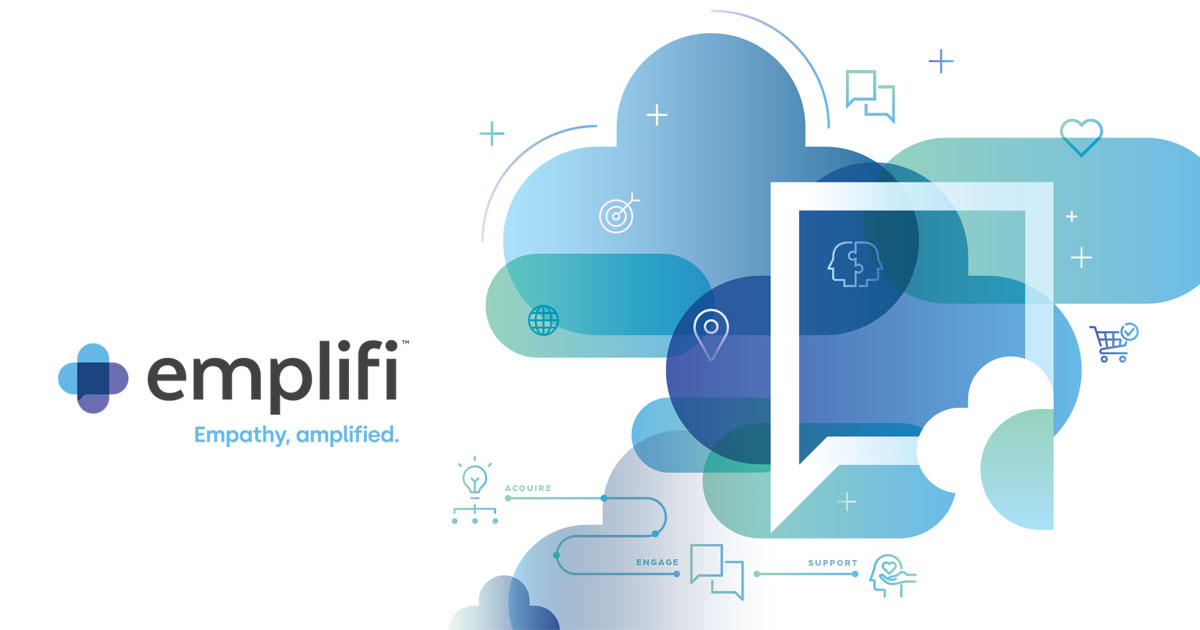
12. Bazaarvoice
Bazaarvoice is a reputable leader in online reputation management and user-generated content solutions. Founded in 2005, Bazaarvoice has helped thousands of global brands and retailers to understand and leverage user reviews and consumer feedback. With offices worldwide, Bazaarvoice works with enterprises across different industries like retail, travel, and consumer packaged goods.
Pros: Key advantages of using Bazaarvoice include: – Trusted leader with over 15 years of experience in managing online reviews – Advanced AI and machine learning capabilities to gain deep insights from consumer data – Integrations with major e-commerce platforms like Shopify, BigCommerce, and Magento – Works at global scale for large enterprises across different verticals
Cons: One potential disadvantage is the pricing, as Bazaarvoice is aimed at large enterprises and pricing could be substantial for some small businesses. The platform also requires technical integration which involves some implementation effort.
Pricing: Bazaarvoice offers different pricing plans depending on business needs and requirements. Example pricing plans include monthly subscription starting from $2,500/month for basic features to custom enterprise plans priced annually.
Some key stats about Bazaarvoice include: – Processes over 4 billion consumer interactions per year – Supports over 5,500 sites and clients globally – Has a database of over 800 million consumer reviews and ratings – Uses advanced AI technology for sentiment analysis and consumer insights
13. Shareaholic
Shareaholic is a content marketing platform that helps publishers, bloggers and marketers increase audience engagement and traffic. Founded in 2011 and based in New York, Shareaholic provides easy-to-use tools for social sharing, analytics and recommendation widgets.
Pros: Some key advantages of using Shareaholic include:
– Increase social sharing of website content
– Actionable analytics that help optimize page layouts and content
– No coding skills required to implement sharing buttons and widgets
Cons: One potential disadvantage is that the free tier only allows 10,000 monthly pageviews. For higher traffic sites, an upgraded paid plan would be needed.
Pricing: Shareaholic offers both free and paid plans. The free Basic plan supports up to 10,000 monthly pageviews. Paid plans start at $25/month for the Starter plan (up to 250,000 pageviews) and range up to $250/month for enterprise-level support and implementation.
Some key stats about Shareaholic include:
– More than 300,000+ active users globally
– Supported on over 90 million+ domains
– Increase social sharing by up to 300% for some publishers
14. Summit AI
Summit AI is a reputation management software that helps businesses monitor their online presence and reputation across news, reviews and social media. Using AI technology, Summit AI tracks brand mentions, reviews and conversations to surface potential issues.
Pros: The main advantages of Summit AI include:
– AI-powered monitoring of news, reviews and social media
– Alerts surfaced via an easy to use web dashboard
– Suitable for small business on a budget
Cons: The key disadvantage is that the basic plan only allows monitoring of up to 3 keywords/phrases.
Pricing: Summit AI offers 3 pricing tiers:
– Basic: $29/month for up to 3 keywords/phrases
– Pro: $99/month for up to 10 keywords/phrases
– Enterprise: Custom pricing for large corporations
Some key stats about Summit AI include:
– Monitors over 1 million online sources daily
– Covers news, reviews, forums and social media
– Provides alerts through a web-based dashboard
15. Yotpo
Yotpo is an ecommerce retention marketing platform that helps drive repeat purchases through powerful solutions for reviews, SMS, email, loyalty, and subscriptions. Founded in 2011 and based in New York City, Yotpo integrates directly with many major ecommerce platforms like Shopify, BigCommerce, and Magento.
Pros: Some key advantages of Yotpo include:
– Advanced ecommerce reviews and UGC platform to capture more user generated content
– Powerful engagement tools and SDK/API integrations for personalized omnichannel experiences
– Expert analytics for optimizing marketing campaigns and product pages based on customer data
Cons: One potential disadvantage is that the full suite of solutions may not be accessible for smaller brands on tighter budgets. Some features require custom implementations or additional costs.
Pricing: Yotpo offers a free plan for basic reviews and ratings. Paid plans start at $99/month for the Grow plan and scale up to custom Enterprise pricing based on business needs and integrations.
Some key stats about Yotpo include:
– Over 4,500 customers globally including brands like Bombas, Case-Mate, and Native
– Processes over 1 billion consumer actions per month
– Integrations with 30+ ecommerce platforms and shipping carriers
Conclusion
In today’s digital landscape shaped by social media, reviews and search, reputation is crucial for growing and sustaining any business. The software solutions highlighted in this blog represent some of the most full-featured and effective tools for monitoring your brand, addressing issues promptly and highlighting strengths to new audiences. By choosing one that aligns with your budget and business needs, you can take control of your online reputation and win customer trust which is key to long term success.




